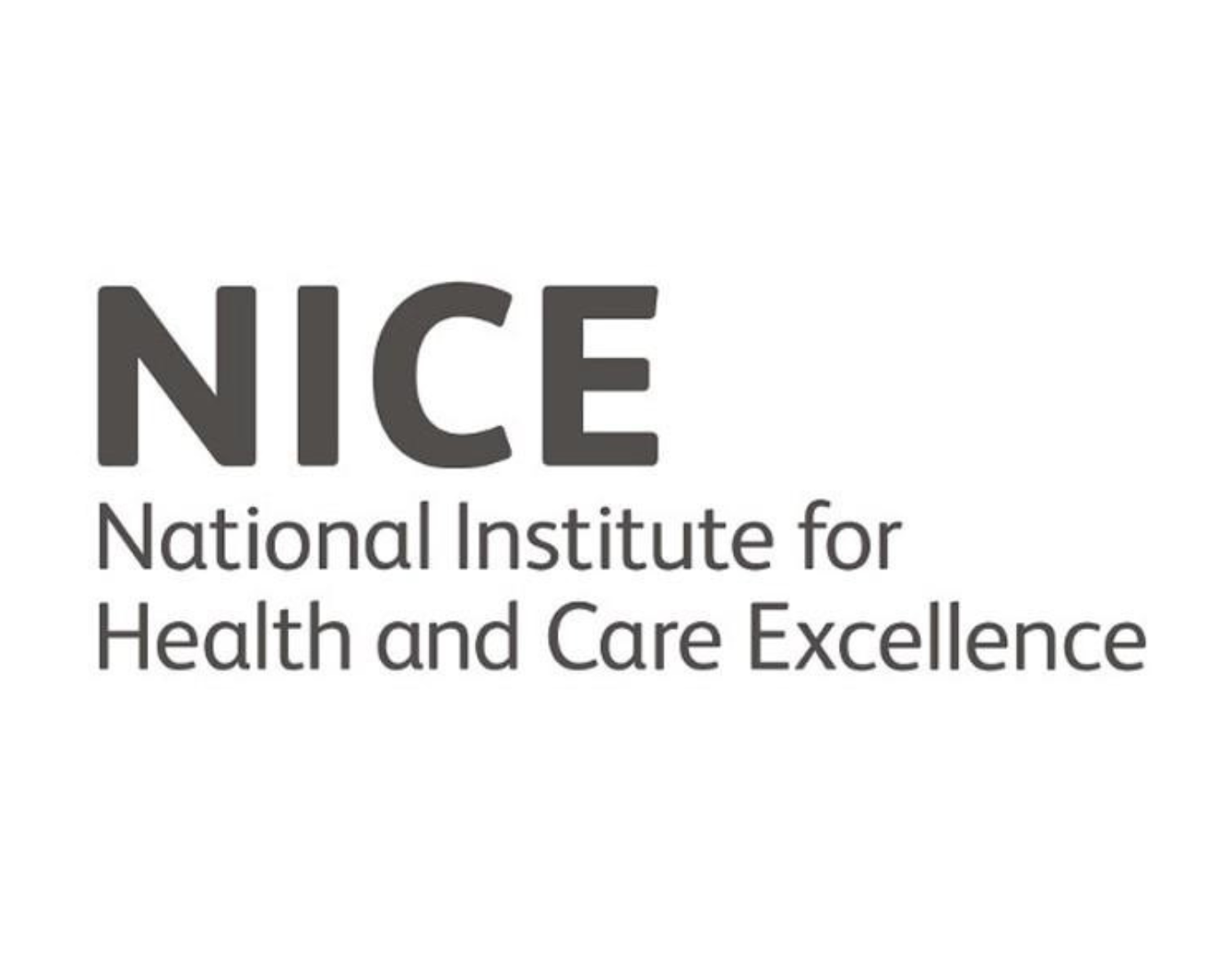Latest guidance from NICE
Published on: 27 April 2023NICE recommends new treatments for CLL and DLBCL but treatments for follicular lymphoma not recommended

Following Health Technology Assessments, the National Institute for Health and Care Excellence (NICE) have published guidance for ibrutinib for chronic lymphocytic leukaemia (CLL), axicabtagene ciloleucel for relapsed or refractory diffuse large B-cell lymphoma (DLBCL), mosunetzumab for relapsed or refractory follicular lymphoma and axicabtagene ciloleucel for relapsed or refractory follicular lymphoma.
Ibrutinib recommended for CLL
The National Institute for Health and Care Excellence (NICE) has recommended ibrutinib plus venetoclax as an option for adults with untreated chronic lymphocytic leukaemia (CLL).
CLL is a slow growing type of blood cancer that is often considered both a lymphoma and a leukaemia. In fact it is the commonest type of leukaemia in the UK with up to 4,500 people being diagnosed every year. Currently there are limited treatment options available, which include chemotherapy or targeted cancer drugs.
Both venetoclax and ibrutinib are targeted cancer drugs. Venetoclax is a BCL2 blocker which destroys cancer cells by stopping them grow and survive. Ibrutinib destroys cancer cells by stopping them dividing. They are both currently used as treatment options for CLL but not combined.
NICE has now recommended ibrutinib plus venetoclax in CLL because people:
- have longer before their condition worsens
- live longer.
- have less side effects when compared with current treatment options
- find it easier to take with a fixed treatment duration.
The combination of ibrutinib plus venetoclax is therefore a positive addition to CLL treatment.
Axicabtagene ciloleucel recommended for R/R DLBCL
The National Institute for Health and Care Excellence (NICE) has recommended axicabtagene ciloleucel for use within the Cancer Drugs Fund as an option for the treatment of relapsed or refractory diffuse large B-cell lymphoma when an autologous stem cell transplant is suitable if it:
- has relapsed within 12 months after first-line chemoimmunotherapy or
- is refractory to first-line chemoimmunotherapy
Axicabtagene ciloleucel is a type of treatment known as ‘CAR T-cell therapy’. This treatment uses your own immune system to try to destroy lymphoma cells. Your body produces a type of lymphocyte (white blood cell), called a T cell, to fight infections and diseases, including lymphoma. Axicabtagene ciloleucel is made from your own T cells.
We are pleased to see this treatment recommended for use within the NHS by NICE. This decision increases the options available to those affected by diffuse large B‑cell lymphoma.
Mosunetuzumab and axicabtagene ciloleucel not recommended for R/R follicular lymphoma
The National Institute for Health and Care Excellence (NICE) carried out two separate appraisals for the treatment of follicular lymphoma. NICE has not recommend mosunetuzumab for the treatment of follicular lymphoma that has come back (relapsed) or not responded to treatment (refractory) in adults who have had 2 or more systemic therapies (drugs that work throughout the whole body). NICE has also not recommended axicabtagene ciloleucel for treating relapsed or refractory lymphoma after 3 or more systemic treatments in adults.
These recommendations are not intended to affect treatment that was started in the NHS before this guidance was published.
Mosunetuzumab is a type of antibody called a ‘T-cell bispecific antibody’ (TCB). Most antibody treatments attach to one target protein but TCBs can attach to two targets on different cells (they are ‘bispecific’). Mosunetuzumab attaches to a protein called CD20 on B cells and to a protein called CD3 on T cells. This brings your healthy T cells into close contact with the cancerous B cells, helping your immune system get rid of the cancer.
Whilst clinical evidence suggests that follicular lymphoma responds to mosunetuzumab, NICE did not recommend it because the evidence was uncertain and mosunetuzumab was not cost effective for use on the NHS.
Axicabtagene ciloleucel was not recommended as it does not meet NICE’s end of life criteria and is not considered to be cost effective.
We are disappointed that this treatment have been recommended by NICE. You can read more about available treatments for relapsed or refractory lymphoma on our website.
Find out more about drug development, approval and funding, or visit Lymphoma TrialsLink for the latest on clinical trials for lymphoma.
Updated 2 May 2023
